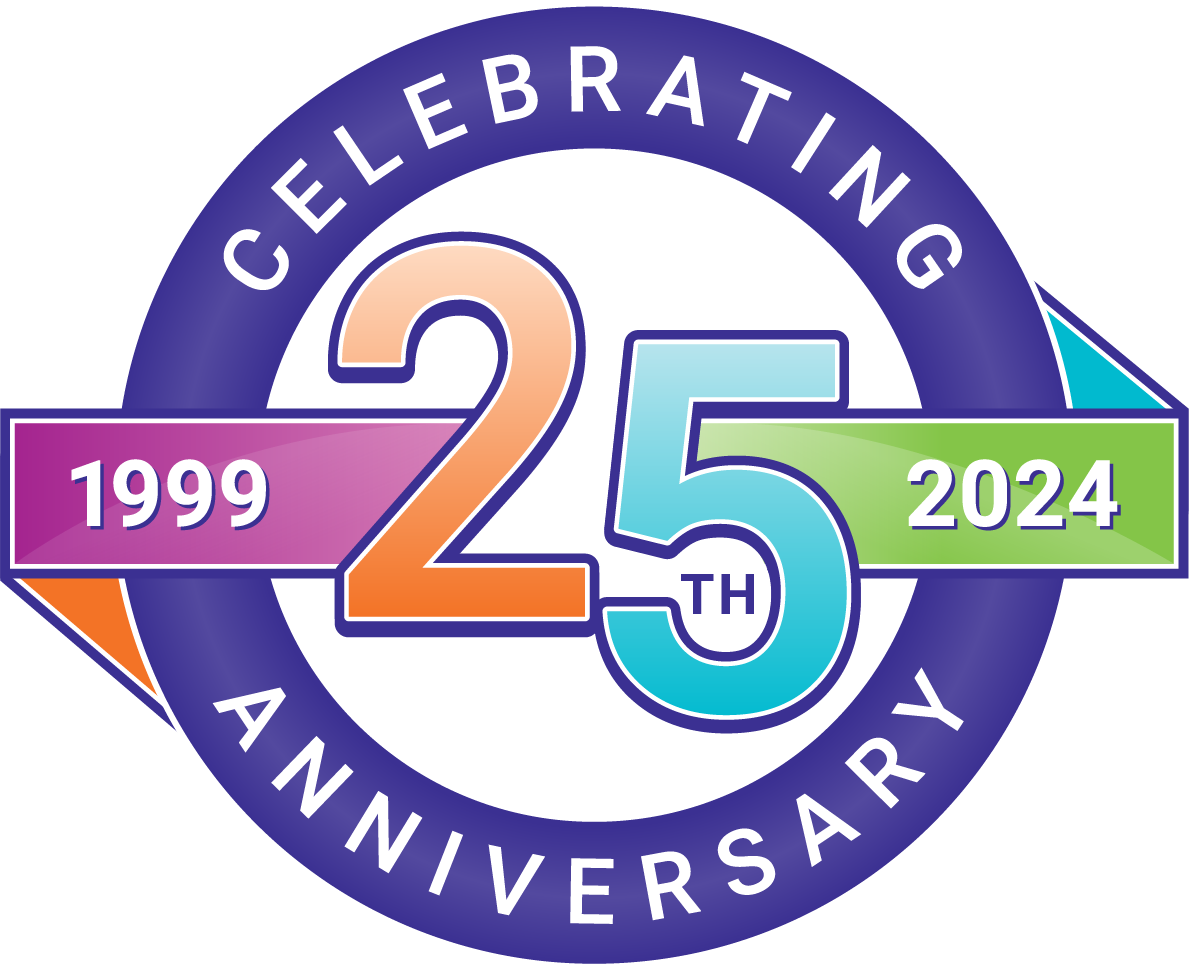Digital Millennium Copyright Act
The purpose of the DMCA was to update existing U.S. copyright law in terms of the digital world. The 1978 copyright law is still in force, but changed dramatically as a result of amendments and the DMCA. The fair use doctrine is given statutory recognition for the first time in the 1978 law. While the DMCA makes no specific changes in Fair Use Guidelines, it does address access, circumvention of access, liabilities of users, distance education, digital preservation, licensing, and more. Of particular interest to schools and libraries may be the Digital Preservation piece of this law. It updates the current preservation provision of the Copyright Act (108) to: expressly permit authorized institutions to make eligible copyrighted work; electronically "loan" those copies to other qualifying institutions; permit preservation, including by digital means, when the existing format in which the work has been stored becomes obsolete (Rathbun, p.22).
Copyright protection extends to literary (including computer software) works; dramatic works; pantomimes and choreographic works; pictorial, graphic, and sculptural works; motion pictures and other audiovisual works; and sound recordings. United States government works are not copyrightable (Evans, p.524).
An article by Laura Gasaway, "Copyright: Digital Millennium Copyright Act: A Mixed Bag," in Information Outlook, 3 (March 1999), pp. 14, 16, notes significant changes affecting libraries brought about by the Digital Millennium Copyright Act.
Without question, the most contentious issue is the electronic environment and who owns what, where, and how. Certainly, licensing of information, be it a CD-ROM, an online service, or an electronic journal, is at issue. Sometimes changes in the law assist in library operations, such as the amendment that authorizes libraries to make backup copies of computer programs.
What is the relationship between copyright and licenses?
Copyright represents a set of general regulations negotiated through statutory enactment. The same laws and guidelines apply to everyone in the country.
Licenses are contracts. Typical licensing agreements outline the lessee's responsibility for such things as security, customer service, payment and delivery, limitations and warranties, termination, indemnification, and assignment. The library should maintain a master file of copies of all the licensing agreements and contracts. The key is knowing what is in the agreement before purchasing. When considering a product from a new vendor, ask for a copy of the licensing agreement before making a final decision to purchase (Evans, p.535).

